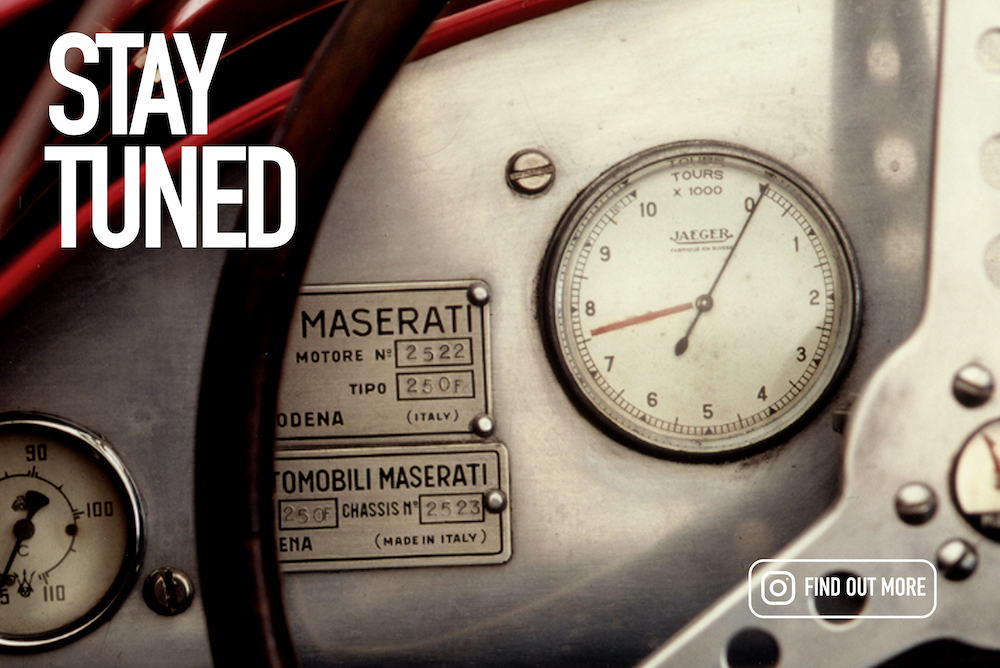As car connoisseurs gather at Italy’s glamorous Lake Como for the annual Concorso d’Eleganza Villa d’Este, BMW is hoping that 70 of them will add its new Concept Speedtop to their collections.
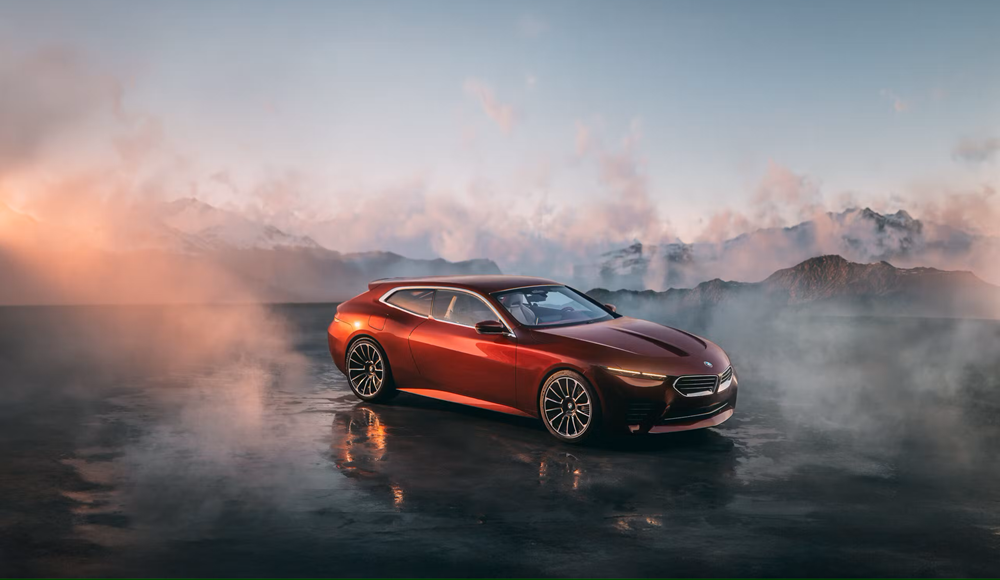
A year ago, on the same sunny shores, BMW unveiled the Concept Skytop convertible. Enthusiasts quickly persuaded the company to build 50 examples. Now, BMW is back at Lake Como with a striking shooting brake—and this time, it brought an order book with 70 spaces.
Up to the windscreen the Skytop and Speedtop are twins, but where the open car features a targa-style roof aperture, the closed car gets a dramatic long roof and rakish tailgate. A common feature to both is a central spline that runs, with a brief interruption, from nose to tail. Accentuating the Speedtop’s style is a graduated paint scheme that moves from “Floating Sunstone Maroon” to “Floating Sundown Silver.” Two-tone 14-spoke alloy wheels complete the exterior.
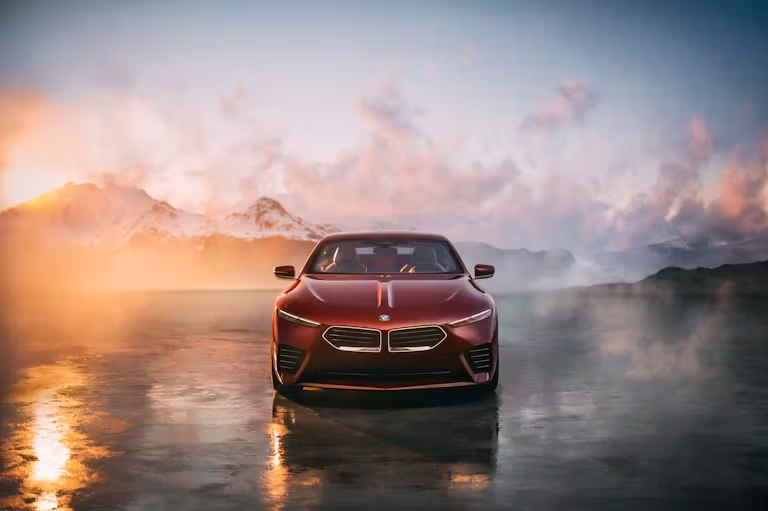
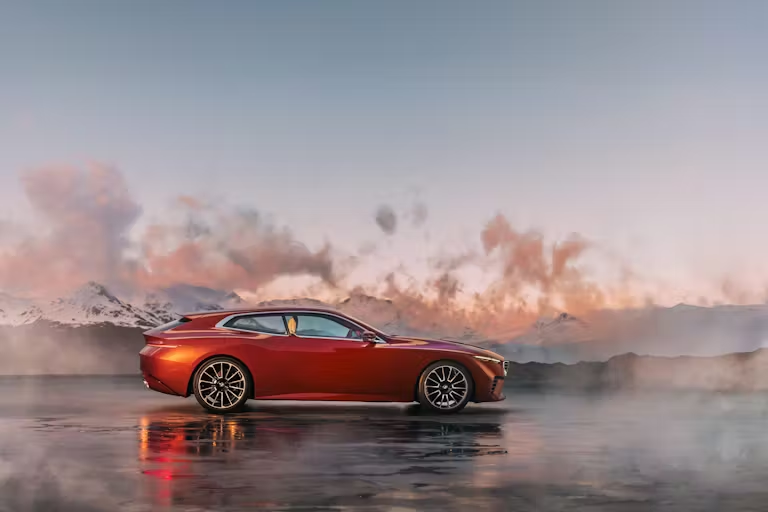
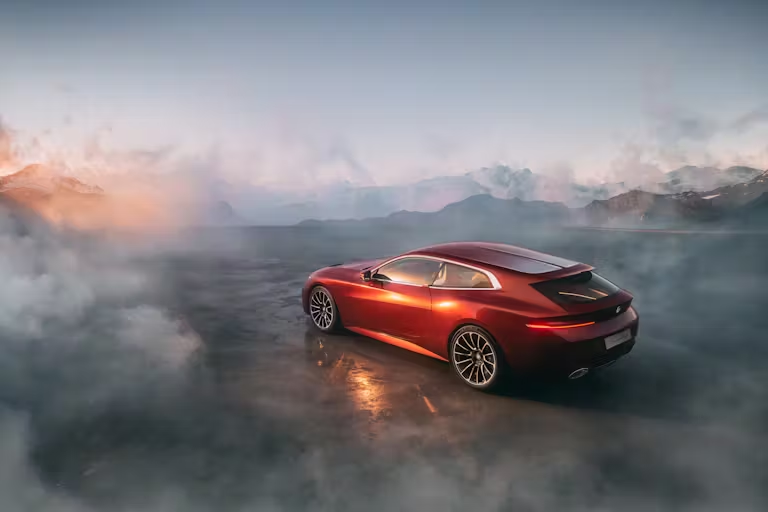
Inside, there’s also a twin-color theme with leather trim in “Sundown Maroon” and “Moonstone White.” The Speedtop is strictly a two-seater, with space behind the seats for matching luggage by Italian atelier Schedoni and a leather-lined trunk for more extensive touring. The exterior roof spline is mirrored inside with a light beam as an added touch.
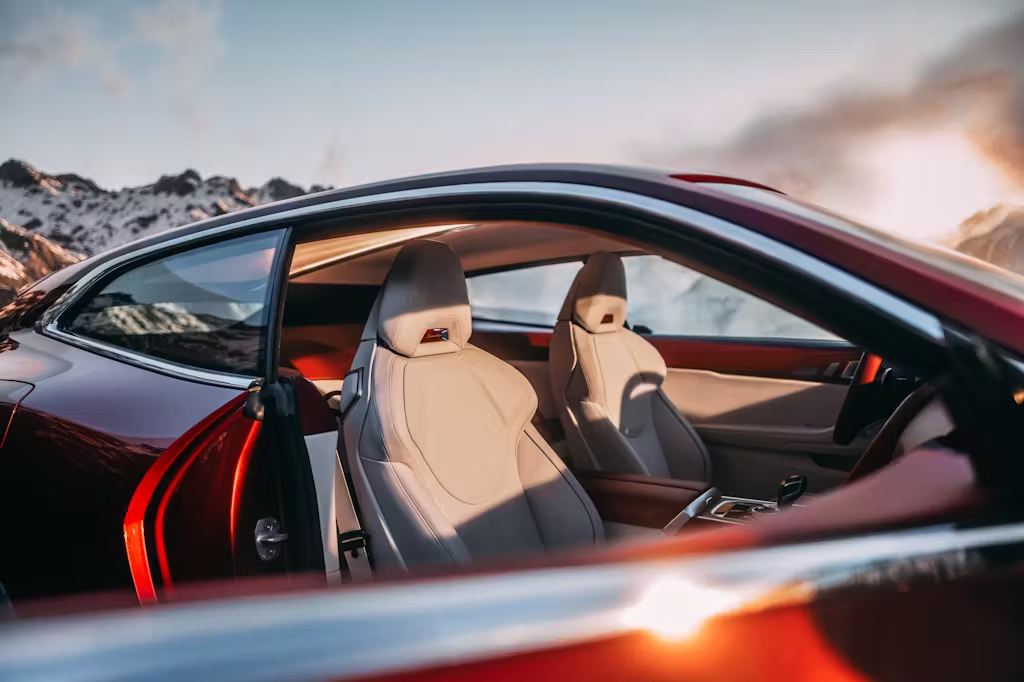
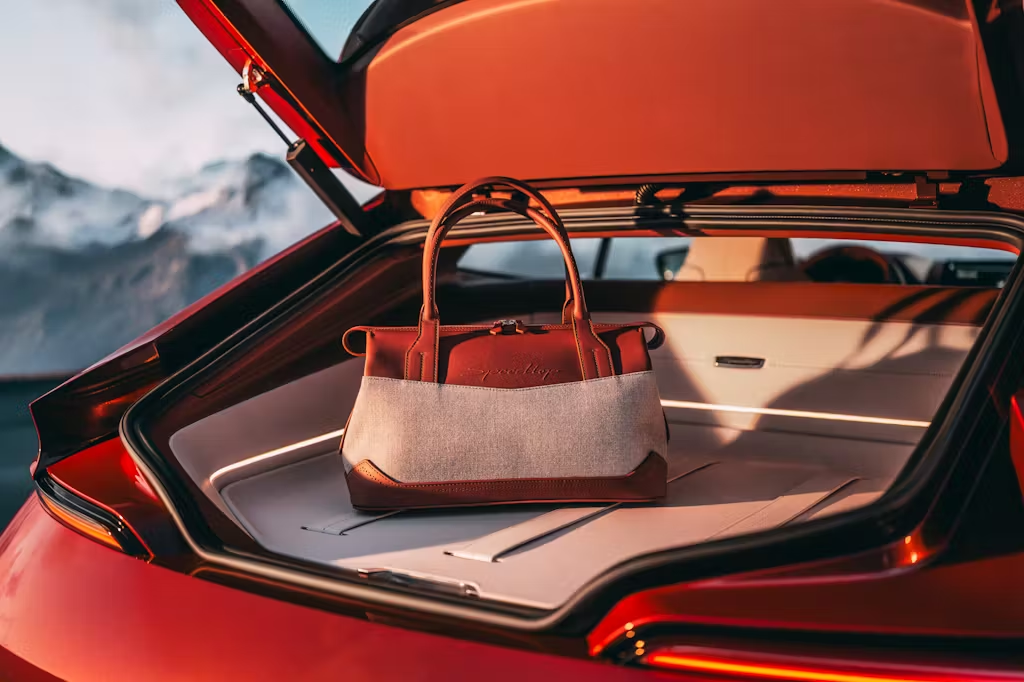
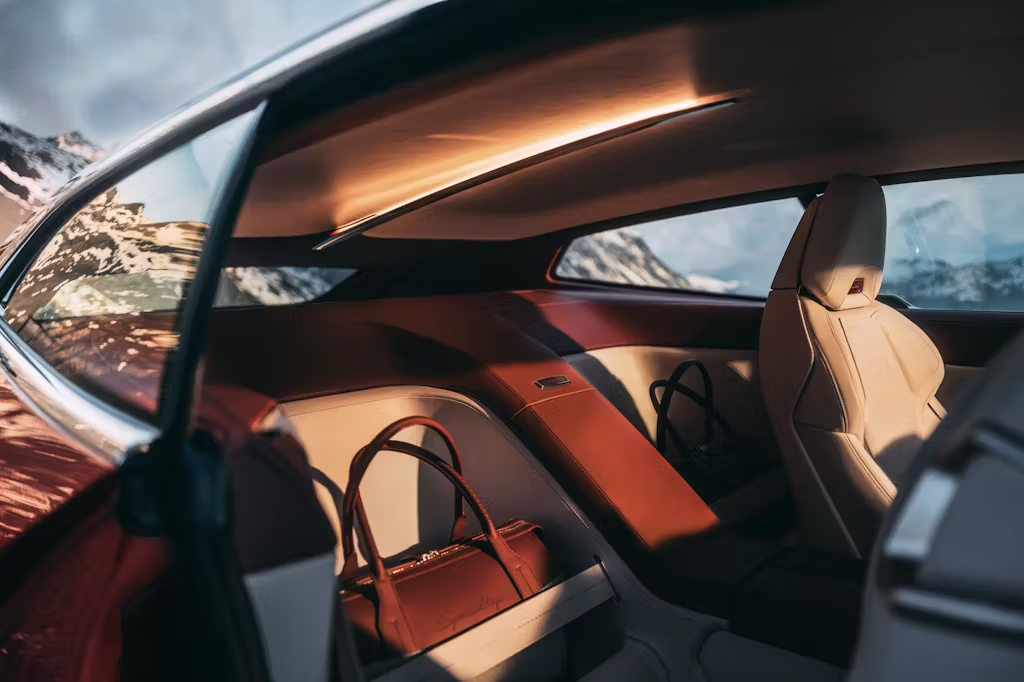
“A true BMW exudes dynamism and elegance even when it’s standing still,” claims Adrian van Hooydonk, the head of design for the BMW Group. “And that’s also the case with our new concept car. The BMW Concept Speedtop is characterised first of all by its profile. It is very unique in the automotive industry. In this way, we have created an exclamation mark for our entire lineup of vehicles, especially for the Touring models.”
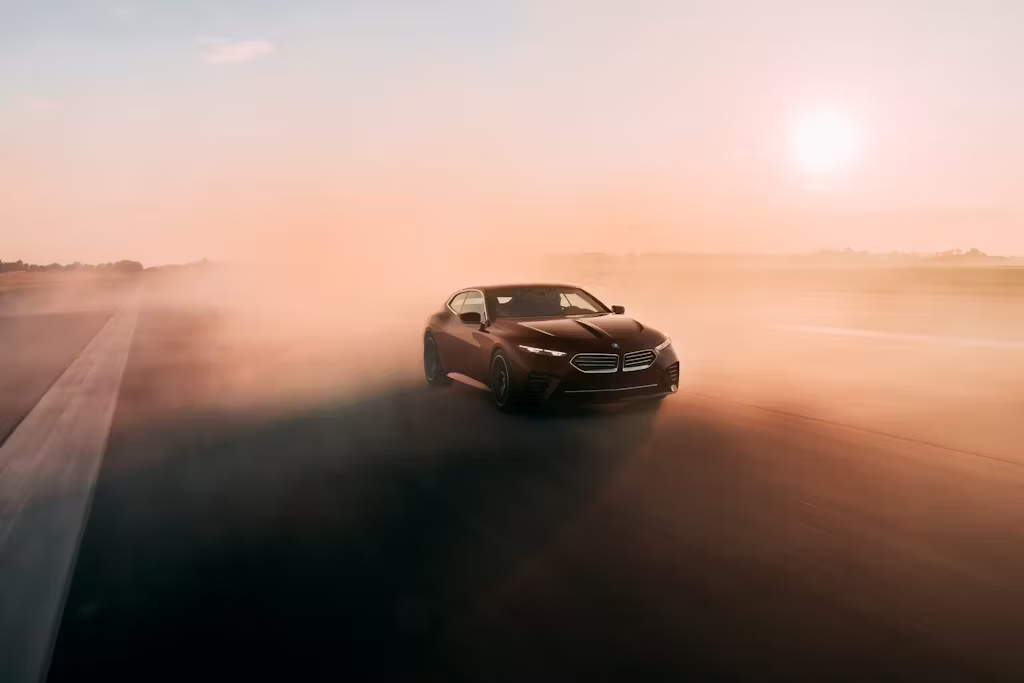
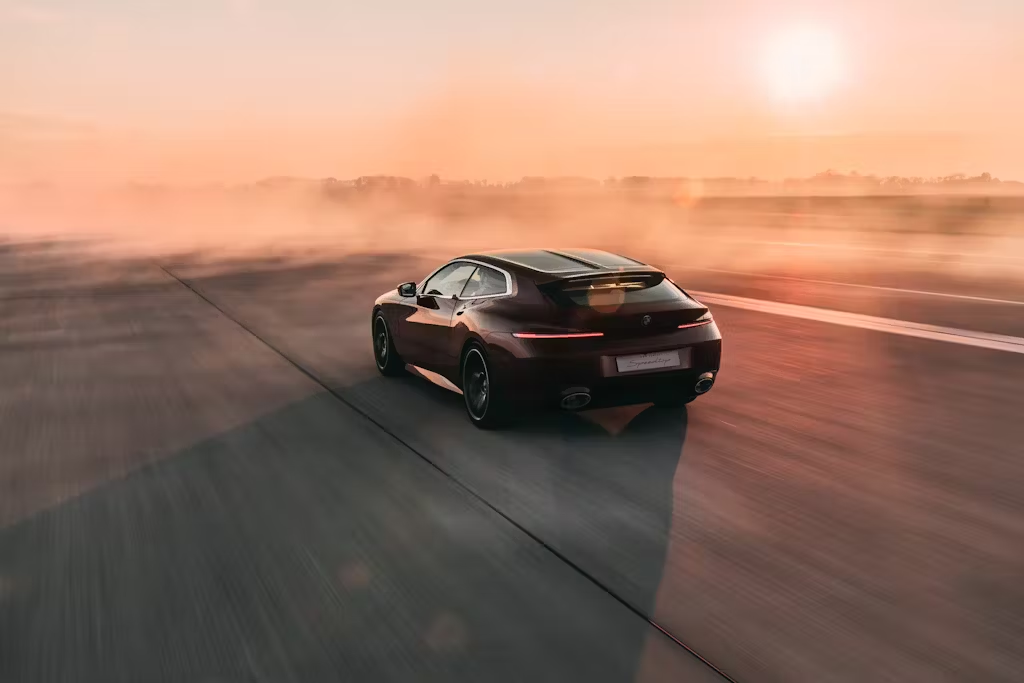
Under the Speedtop’s extended hood sits BMW’s most powerful V-8 engine. The 4.4-liter twin-turbo unit delivers 625 hp and drives all four wheels via an eight-speed automatic transmission. No performance specs have been released. Neither has the price.
However, BMW has confirmed that the Speedtop won’t be sold in the United States—not due to a lack of demand, but rather the cost of homologating the car for American roads.
Report by Nik Berg
find more news here.
